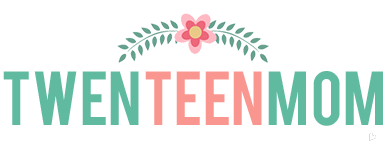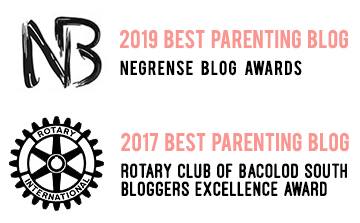The Language Of Encouragement

Parents often confuse encouragement with praise.
Praise is a type of reward. It is given when a child has accomplished something and is rewarded by being valued by their parent. It is based on comparison and competition.
Encouragement is given for effort of improvement. Encouragement from a parent helps a child accept himself and feel worthy. It is not based on competition and may be given at any time even when a child feels he isn’t doing well.
For example: Freida, a 4 year-old, bring home a picture she’s painted.
Language of Praise:
“Good! You did a great job! I am proud of you!”
Eva is happy with her mother’s enthusiastic response but may also learn how important it is to please others. She may start to believe that what others think of her decides her worth and may start to fear the times her mother doesn’t give as much praise.
Language of Encouragement:
“I can tell you’re happy with your picture. Do you want to tell me about your picture? You really worked hard on it by coloring all the white spaces. I see you like to use red and green.”
The language used encourages Eva to appreciate her own efforts and makes her own judgements, instead of relying on her mother to decide if she is worthy. The specific feedback helps the child be self-motivated as better understanding of what aspects of their work is appreciated and encouraged.




